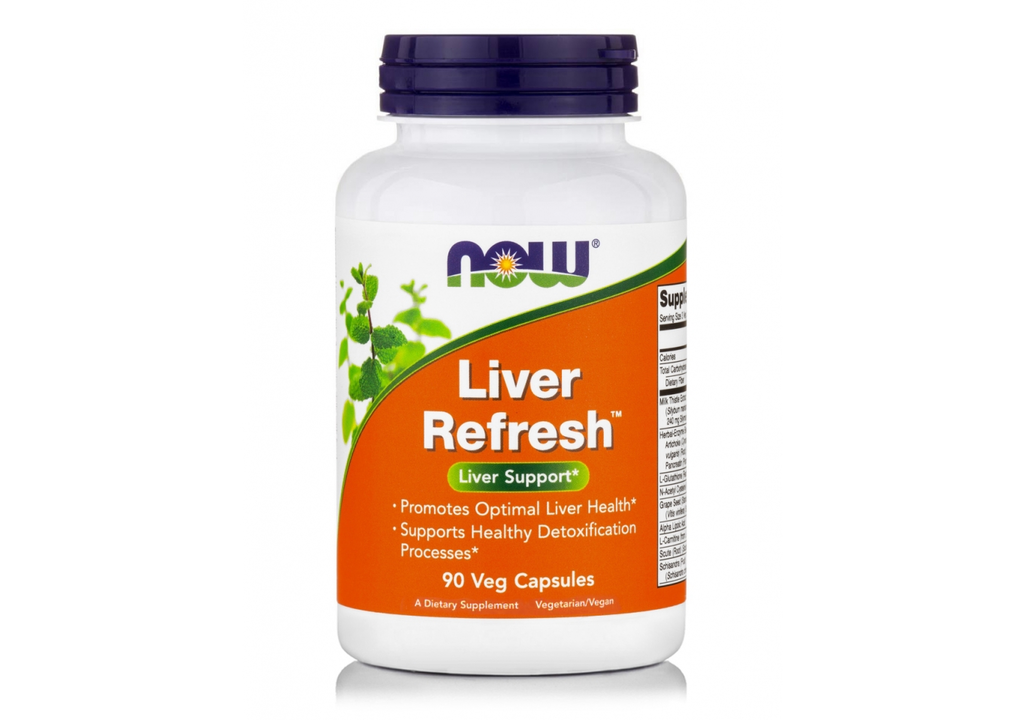Supplements and Natural Remedies: What to Use and How to Use Them
If you want natural support for headaches, digestion, energy or aging, this page gives straight, useful tips. You’ll find short, practical notes on popular options like alpha-ketoglutarate, agrimony, feverfew and homeopathic choices for an upset stomach. Read these pointers before you buy so you know what works, what’s safe, and when to ask a pro.
How to pick and use supplements safely
First, check ingredients and third-party testing. Look for brands that list full ingredient amounts and show independent lab reports (USP, NSF or similar). Start with the lowest effective dose and use only one new product at a time so you can spot benefits or side effects. Keep a short log: date you started, dose, and any changes in symptoms.
Watch for interactions with prescription meds — some herbs and supplements can change how drugs work. If you’re pregnant, breastfeeding, or have liver, kidney or heart issues, talk to your doctor first. Store products away from heat and moisture, and toss anything past the expiration date.
Quick guides to featured remedies
Alpha-ketoglutarate (AKG) — AKG is used by people looking for better energy and muscle recovery and by those curious about healthy aging. It’s usually sold as a powder or capsule. Users report improved stamina and faster recovery after exercise. If you try it, follow product directions, start low, and expect to test it for a few weeks to notice effects. Ask your clinician if you take medication for metabolic or kidney conditions.
Agrimony — Agrimony is an herbal option often brewed as a tea or taken as an extract. People use it for mild digestive upset and to support liver function. It’s gentle for most adults but can cause stomach upset in some. Use prepared herbal products from reputable suppliers and follow the label; herbal teas are fine for short-term use.
Feverfew — Feverfew is best known for preventing migraines and easing inflammation. Look for standardized extracts or dried leaf supplements. Benefits usually show after a few weeks of consistent use. If you’re pregnant, avoid feverfew. Stop it before any planned surgery and check with your doctor if you’re on blood thinners.
Homeopathy for upset stomach — Remedies like Nux Vomica, Carbo Vegetabilis, and Lycopodium are commonly used by people who prefer homeopathy for nausea, bloating, or indigestion. If you choose homeopathy, work with a qualified practitioner to pick the right remedy for your specific symptoms. Homeopathic products are usually low risk, but persistent symptoms deserve medical evaluation.
Bottom line: pick quality products, start low, track results, and check interactions with meds. If something feels off, stop and ask a healthcare provider. Natural doesn’t always mean harmless, but with care you can use supplements to support real, practical health goals.

 Jan, 8 2026
Jan, 8 2026




